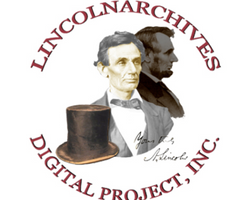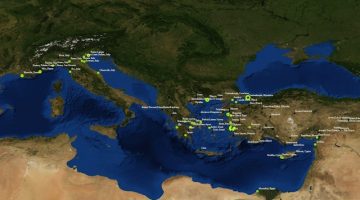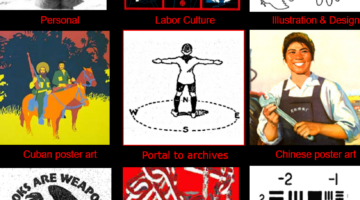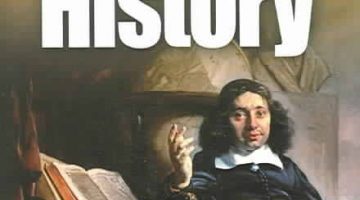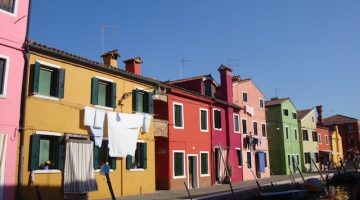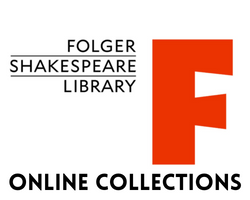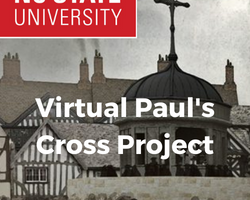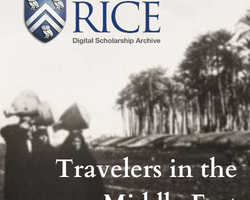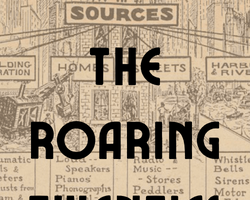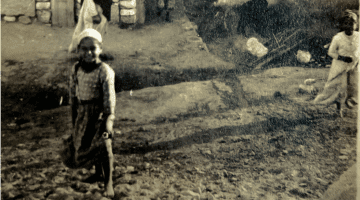
by Christopher Rose Can the microbe speak? It’s 5:30 pm, and I’ve been staring at my computer screen for over eight hours. There’s a crick in my neck, my breathing is shallow, my blood pressure has elevated, and the entire Giza governorate has just disappeared off of the map the instant that I finished tracing […]
